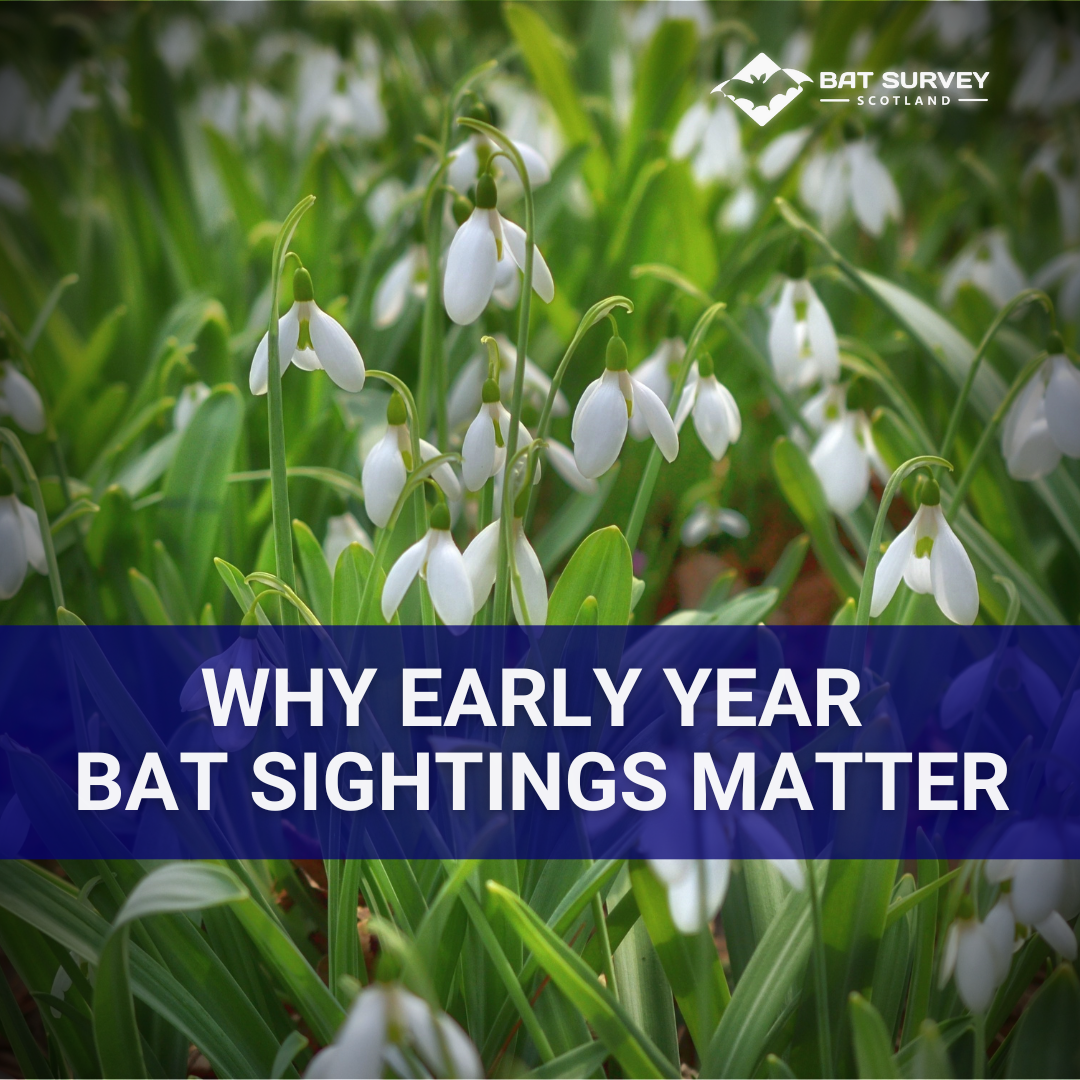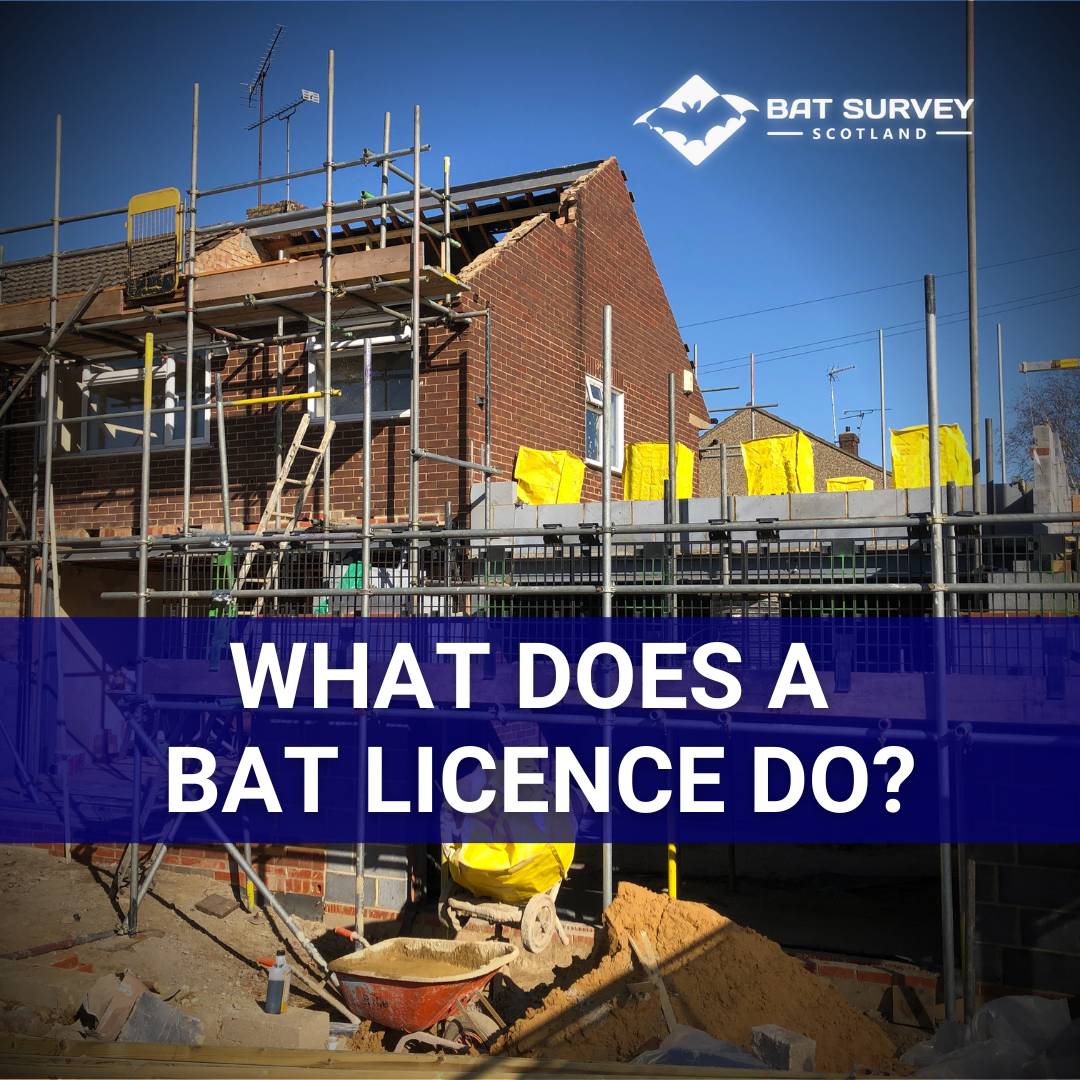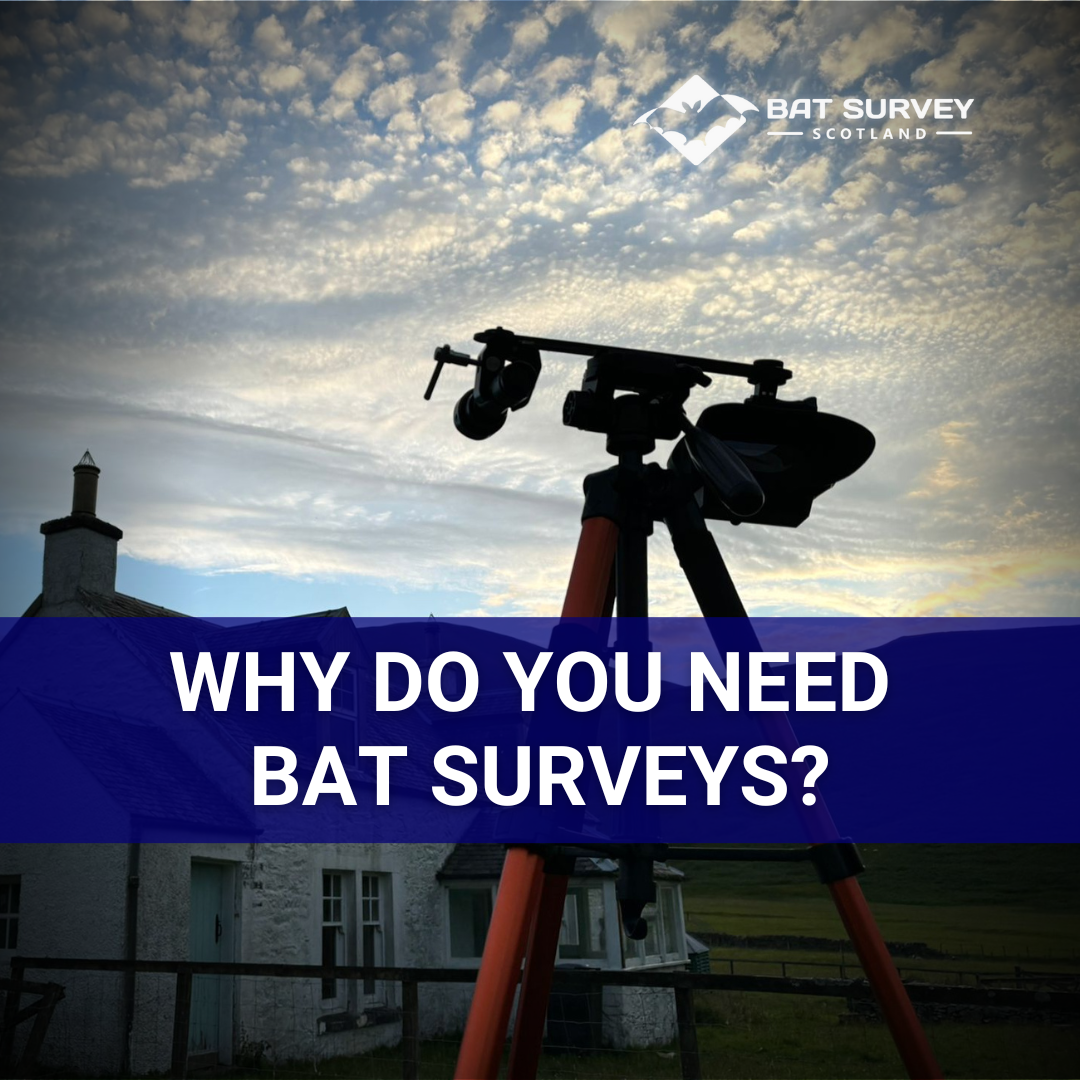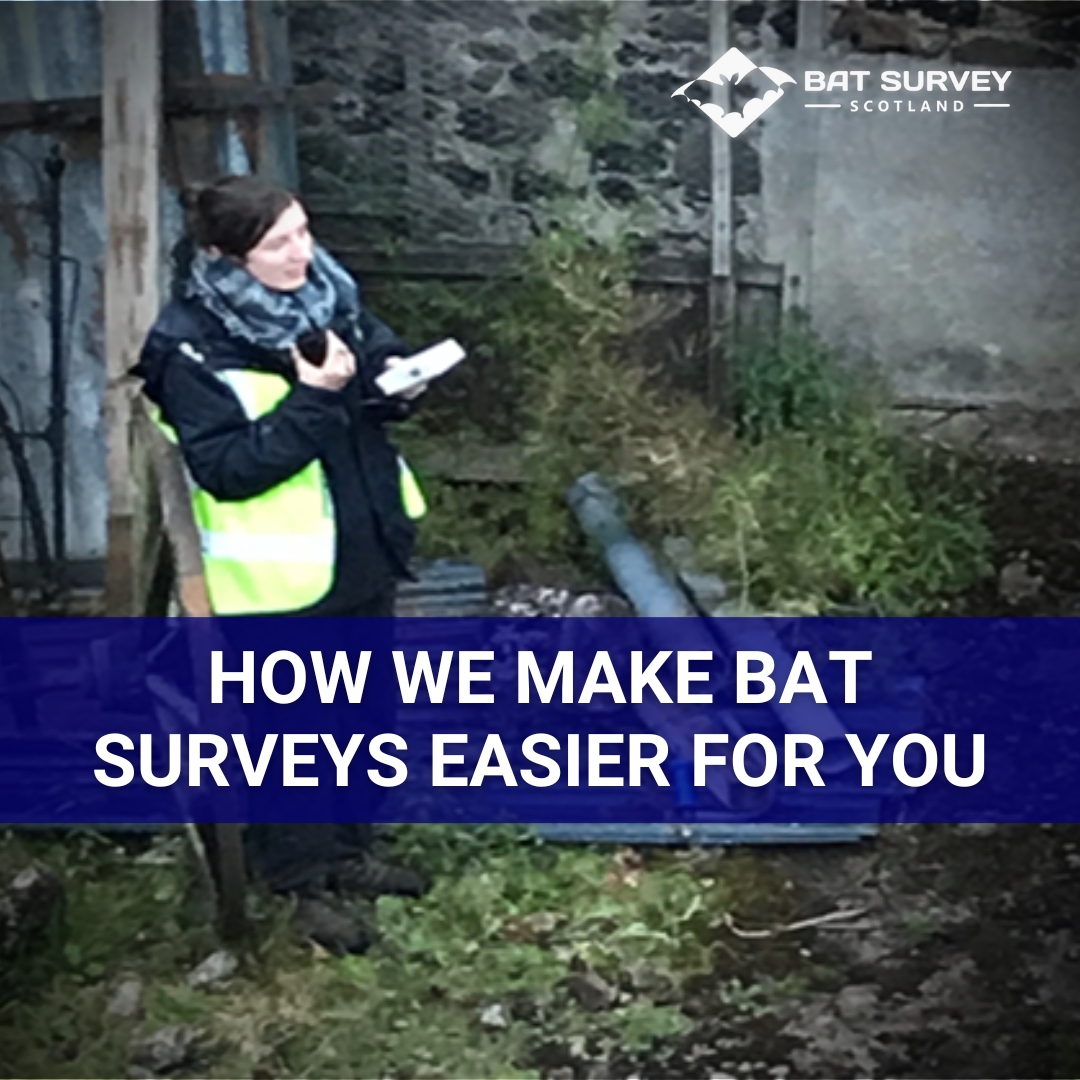10 Ways to avoid bat survey problems in your development
We are often asked to help people who have found themselves in difficulties with planning or licensing their development, but the best way we can support you is making sure you don’t have problems from the beginning! With over 17 years’ experience and hundreds of successful license applications, here are our top ten tips 10 to avoid bat survey problems:
#1 Don’t wait for planning authorities to request a bat survey
Many Local Planning Authorities (LPAs) no longer have in-house ecologists, so requests for surveys are often late or overlook seasonal limitations ultimately delaying your planning consent. Your best action is to…
#2 Seek early advice from a bat ecologist
A bat specialist can advise whether the LPA is likely to require a survey and can help project planning by advising on possible outcomes.
#3 Be aware of bat survey deadlines
Stage 2 (emergence & return) bat surveys should be done between 1 May and 30 September (with at least one visit prior to 30 August and 3 weeks at least between each visit). Stage 1 surveys (PRAs) can be done at any time of year, but are not always sufficient to meet planning/licensing needs.
#4 Book early for May surveys
Specialist ecologists are always busy in May, so book your survey slots as early as possible.
#5 Always use a bat specialist
Generalists may do bat surveys, but don't always have the licenses or experience to see the job to completion.
Bat identification in the hand is a highly skilled activity.
#6 Select an ecologist with local knowledge
How bats roost in buildings varies, depending on the local bat species and the vernacular architecture and so does the approach taken by each local planning authority.
#7 Check your ecologist has a personal NatureScot bat licence
Ecologists without the right license are unlikely to be able to provide the level of service you need.
#8 Ask if your ecologist holds a BLIMP licence
Bat Low Impact (BLIMP) license-holders can streamline many licensing situations for you, saving time and money.
#9 Don’t rely on professional memberships
Sadly, in professional ecology these do not guarantee an ecologist has the specific skill or experience you need.
#10 Ensure your ecologist knows what you are proposing to do
This ensures the report can address any potential impacts to the satisfaction of the local planning authority and the licensing body (NatureScot in Scotland).
If you need a bat survey (or think you might) get in touch with our team of specialist ecologists!
Or read more of our latest blogs here:







